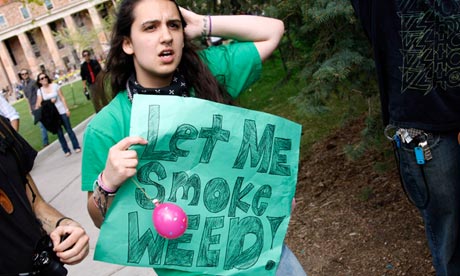Got some Strawberry Cough atm, how the fuk you post pics?
URL? Can't i just copy and paste from my pics file? Sorry for my ignorance, someone my age i am pretty technophobe, my bad.
URL? Can't i just copy and paste from my pics file? Sorry for my ignorance, someone my age i am pretty technophobe, my bad.






Comment